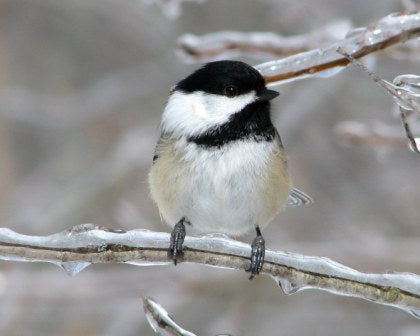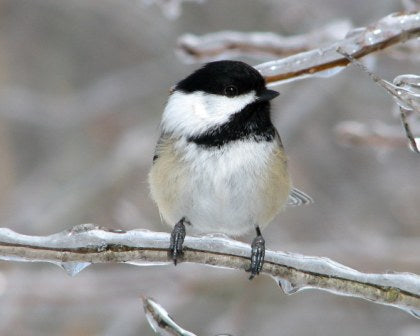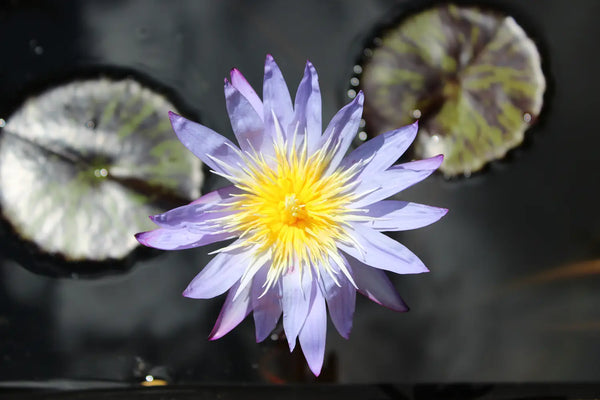
Transforming your backyard into a bird haven is a dream of many. That dream can easily be made a reality by learning the requirements of your feathered friends. Birds, like humans, have basic needs, which include: a good source for food, water and shelter. These needs become scarcer when the climate becomes cold in northern regions. It increases the importance for maintaining the basic needs all year round. Here are a few suggestions from the National Audubon Society:
The Basics
Food
Birds will flock to the food that suits them. To attract a variety of birds, consider these treats help to overwintering:
- Thistle or Nyjer seed- Attracts chickadees and finches, including goldfinches. Do not confuse this with the prickly thistle, a pink-flowered weed used by goldfinches to line their nests.
- Suet Cakes and Bird Pudding Cakes – Attracts insect eating birds, like: nuthatches, chickadees, woodpeckers, and others. Place the suet in specific feeders at least five feet from the ground to keep away from dogs. This is a cool weather treat as the hot weather can turn it rancid.
- Nut and Fruit Blend- Attracts cardinals, titmice, woodpeckers, and many more. Place this treat in a tube-shaped, metal mesh feeder.
- Sunflower Seed- has several well known varieties. Striped sunflower seeds are enjoyed by many large-beaked birds. Black-oil seed is enjoyed by small feeder birds.
- Millet- is preferred by many small-beaked ground-feeding birds including: quail, doves, sparrows, red-winged blackbirds.
- Medium Cracked Corn – is popular with the same ground feeding birds that enjoy millet. Feed on feeding tables off of the ground, as it tends to absorb moisture and will rot rather quickly.
- Milo, Wheat, Oats – attracts pheasants, quail and doves. These products are frequently mixed into low-priced birdseed blends.
Water
Clean, fresh water is an important aspect in controlling the spread of disease among birds. It is recommended to replace water daily in birdbaths.
Shelter
- Avoid using pesticides on lawns and gardens
- Reduce the amount of lawn surrounding your home by planting native trees and shrubs, which will provide food for the insects birds eat.
- Pile up brush and fallen branches to create shelter for birds.
- Rake leaves so they are under the shrubs to provide habitat for insects, a necessary food for chicks and adults.
- Put up birdhouses for more permanent shelter.
- Locate feeders within 3 feet of windows, or better yet, more than 30 feet away, so birds taking off from feeders are less likely to mistake reflections for open sky.
- Keep cats indoors, where they and the birds are safer.
References:


